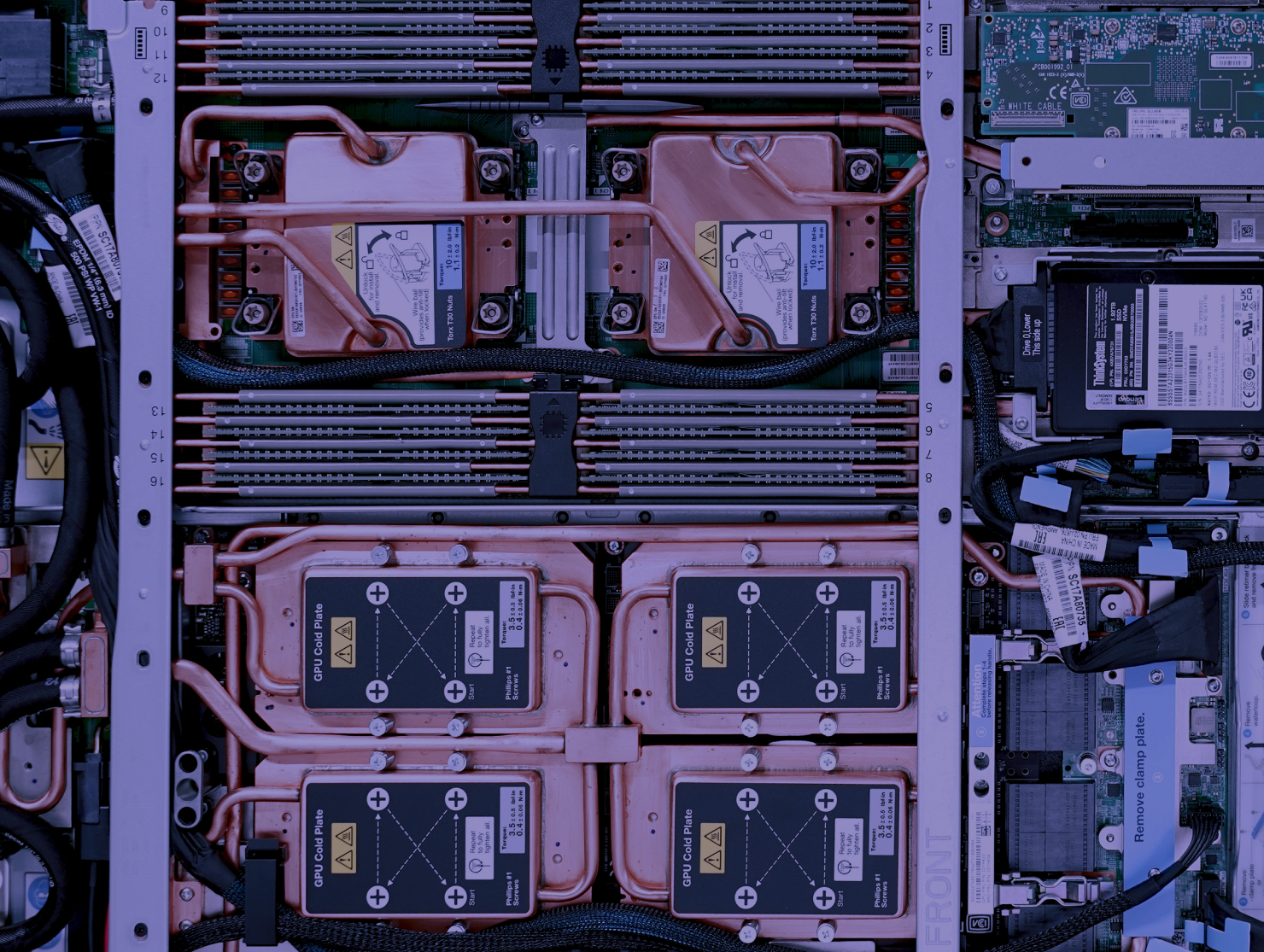


The LRZ relies on innovative technology, in-house research and collaborations to ensure efficient and sustainable operations.
One hundred percent of the electricity comes from renewable sources, and warm water flows through the racks to cool the computers, allowing the waste heat to be used for heating. Using energy efficiently has been an important requirement in daily operations at the LRZ for many years and also forms the focus of our research. We rely on the four-pillar model because we know that a computing centre’s power consumption doesn’t just depend on the hardware and operating software in use, but on a sophisticated infrastructure for supplying systems with power, cooling high-performance computers and optimising application programmes.
Together with universities and European research institutes, we have been actively researching hardware, system software and programming strategies for years to reduce the amount of energy our systems consume. The LRZ is involved in international committees such as the Energy Efficient HPC Working Group to develop common regulations for sustainable computing centre operations and their standardisation.
This has already allowed us to minimise the LRZ’s carbon footprint: Today, the waste heat from supercomputers heats our offices. Other resources, such as water, are used sparingly, and a sophisticated cooling circuit allows us to dispense with coolants that are damaging to the environment and the climate. The LRZ also produces its own electricity on its rooftops, and we are sharing the tricks and strategies for sustainable programming by providing expert support from researchers and running workshops and training courses.
Today, thousands of sensors collect information from computer buildings, high-performance computers, servers, storage devices, cooling devices, etc.: All this data highlights energy consumption and dissipations at the computing centre – and therefore many opportunities to reduce power consumption.
Computer hardware accounts for the largest share of energy consumption at the computing centre. It is regularly renewed at the LRZ because new components calculate more efficiently. Meanwhile, specialised accelerators and Graphics Processing Units (GPU) can be used to improve computing power.
Efficient hardware really comes into its own when the operating software cleverly supports and controls the built-in mechanisms for reducing energy consumption. This represents a challenge in parallel high-performance systems made up of hundreds of thousands of computing units and thousands of computing cores which are becoming increasingly complex.
The increasing complexity of high-performance computers (HPCs) requires users to put effort into programming and, above all, port their applications so that their scientific codes are executed efficiently and economically. The focus here is on transferring data between computing and storage units.
Since 2024, the LRZ has been working on introducing an environmental management system – or EMAS for short – to ensure that all teams and departments use natural resources sparingly. Employees are reviewing their working methods as a means of reducing energy consumption or the use of consumables; and teams and departments are monitoring their processes for the potential to save raw materials, water or electricity or to reduce waste generation.

Sustainability at the LRZ is not just achieved by implementing energy-saving measures, renewable energies play an important role too: As energy from both fossil and renewable sources is fed into the available electricity grid, the LRZ works with suppliers who ensure sustainability in their supply chains using green energy certificates and evidence of CO2 offsetting. But that’s not enough: Solar panels were installed on the roof of the LRZ in 2024, which the computing centre also uses to produce its own electricity. Computer and other buildings provide yet more scope for collecting solar energy.

The LRZ is investigating computer hardware and programming schemes in collaboration with national and European universities and research institutes. The Bavarian Energy, Architecture and Software Testbed (BEAST) provides excellent services: Benchmarks can be checked or improved here, and codes can also be tested and optimised. The LRZ is working with international committees such as the Energy Efficient HPC Working Group, where it develops common regulations and standards for sustainable computing centre operations to ensure that findings don’t just advance science.
